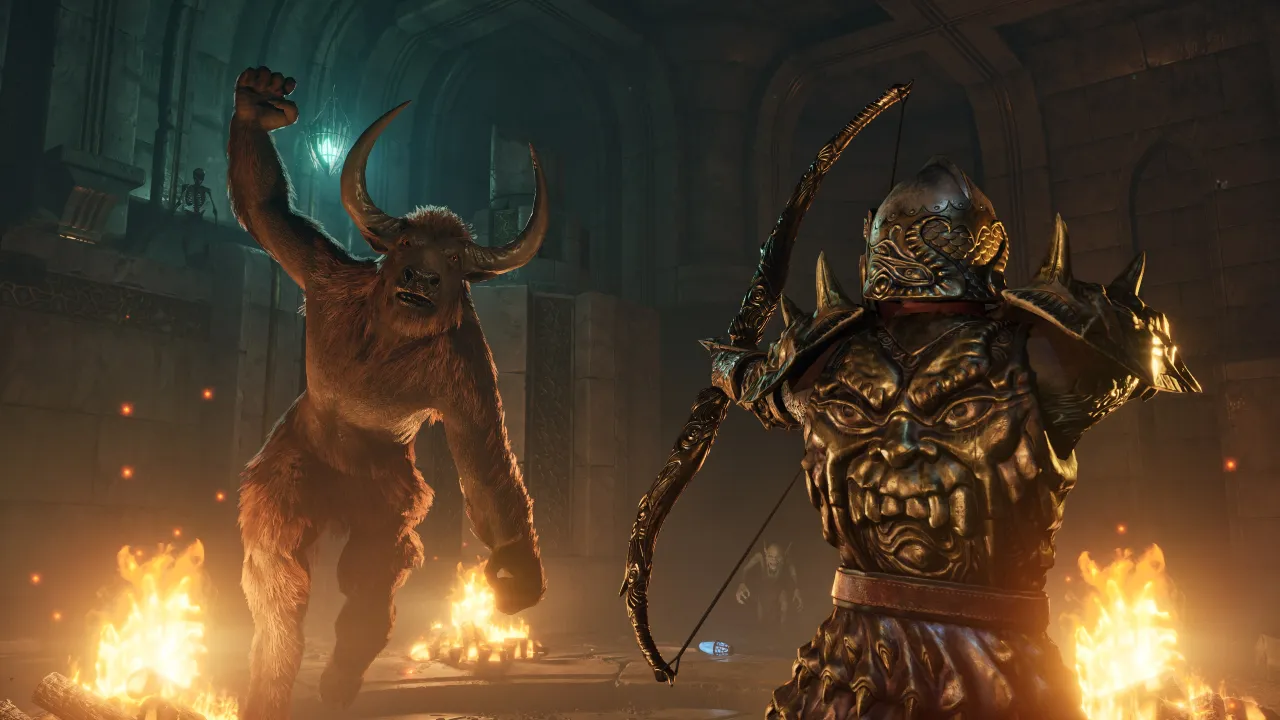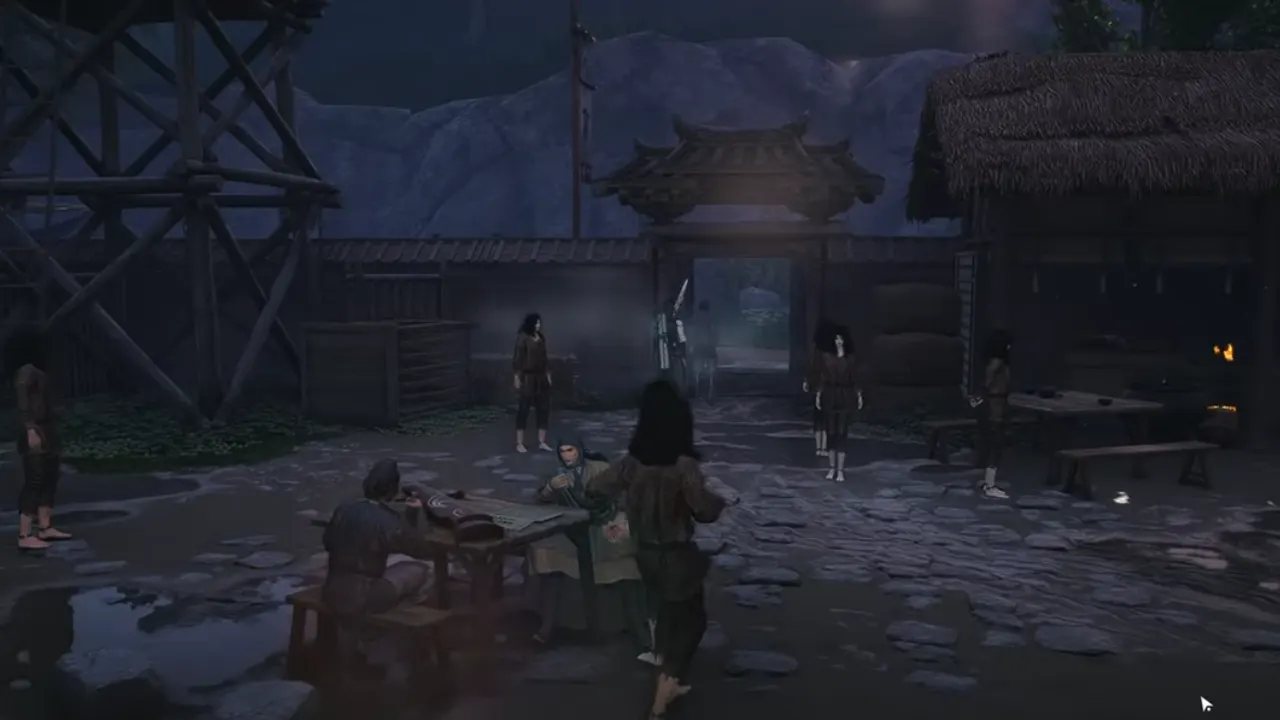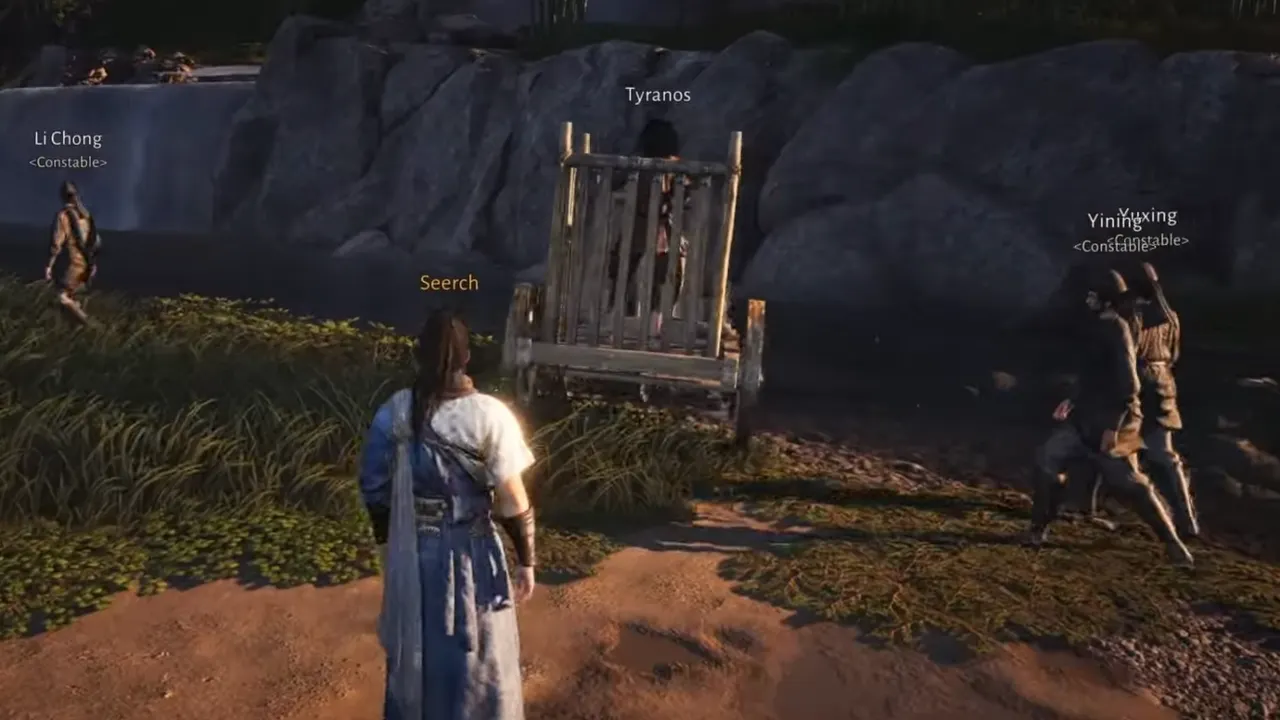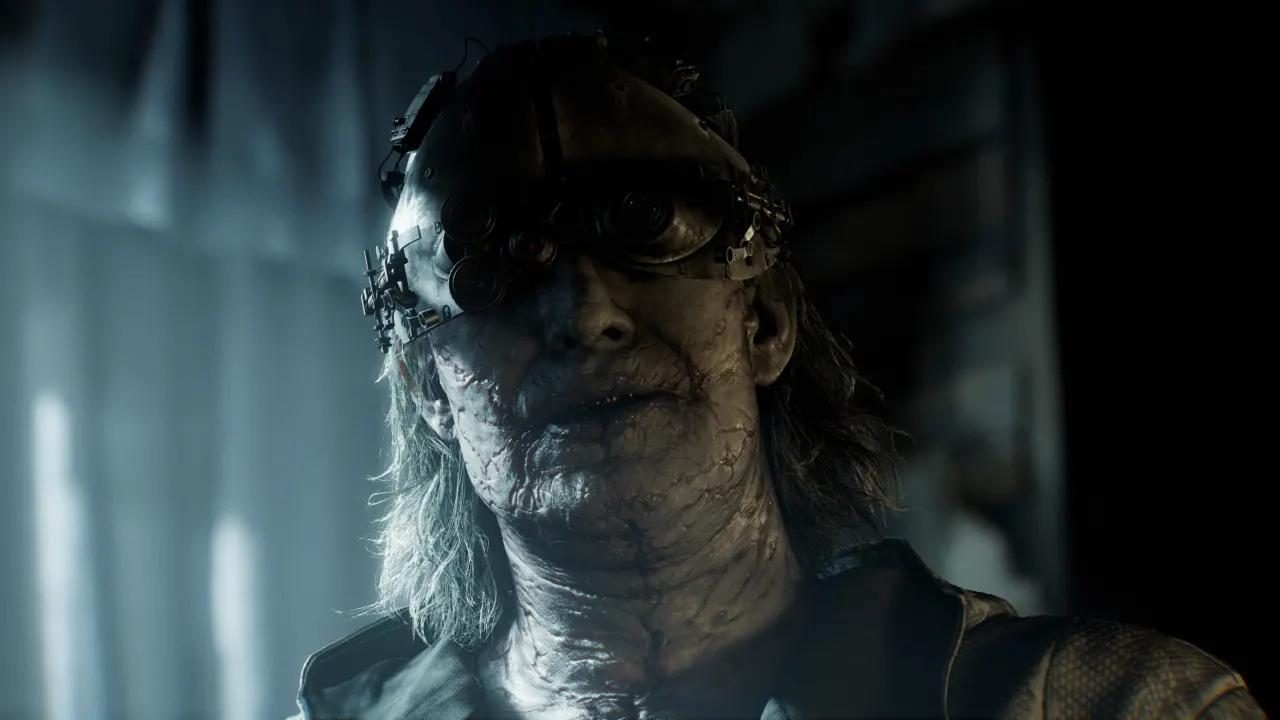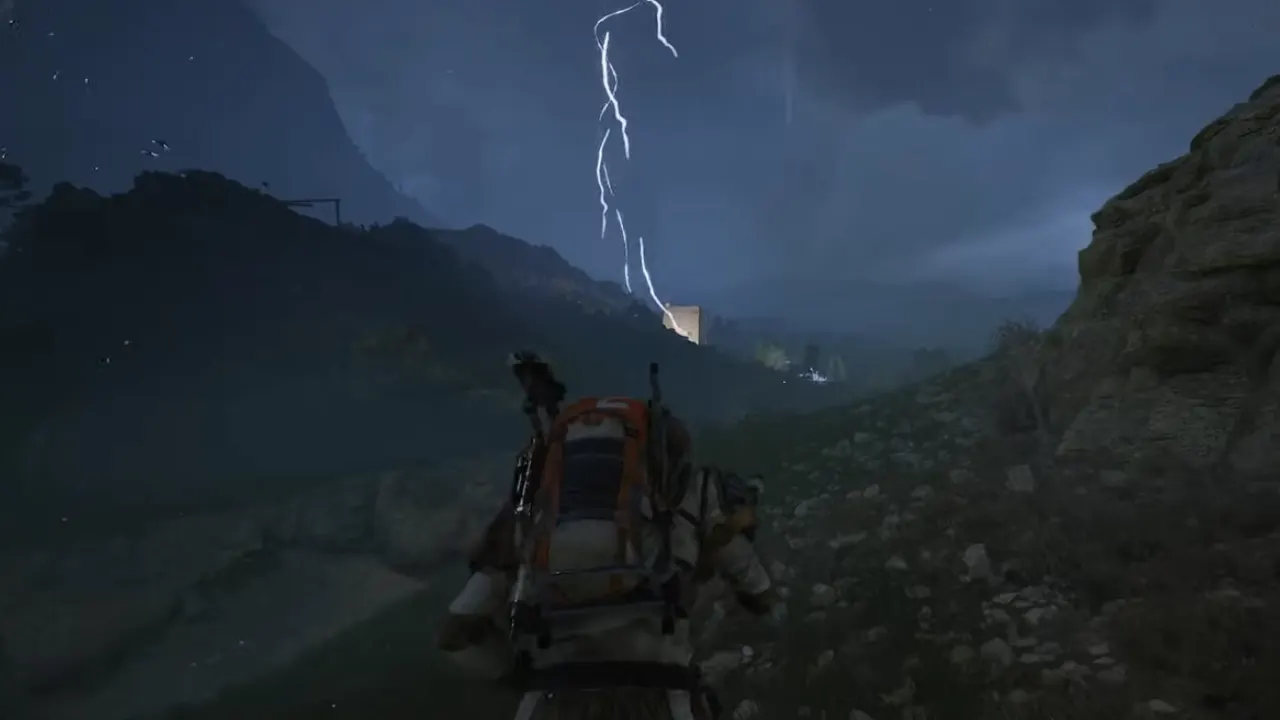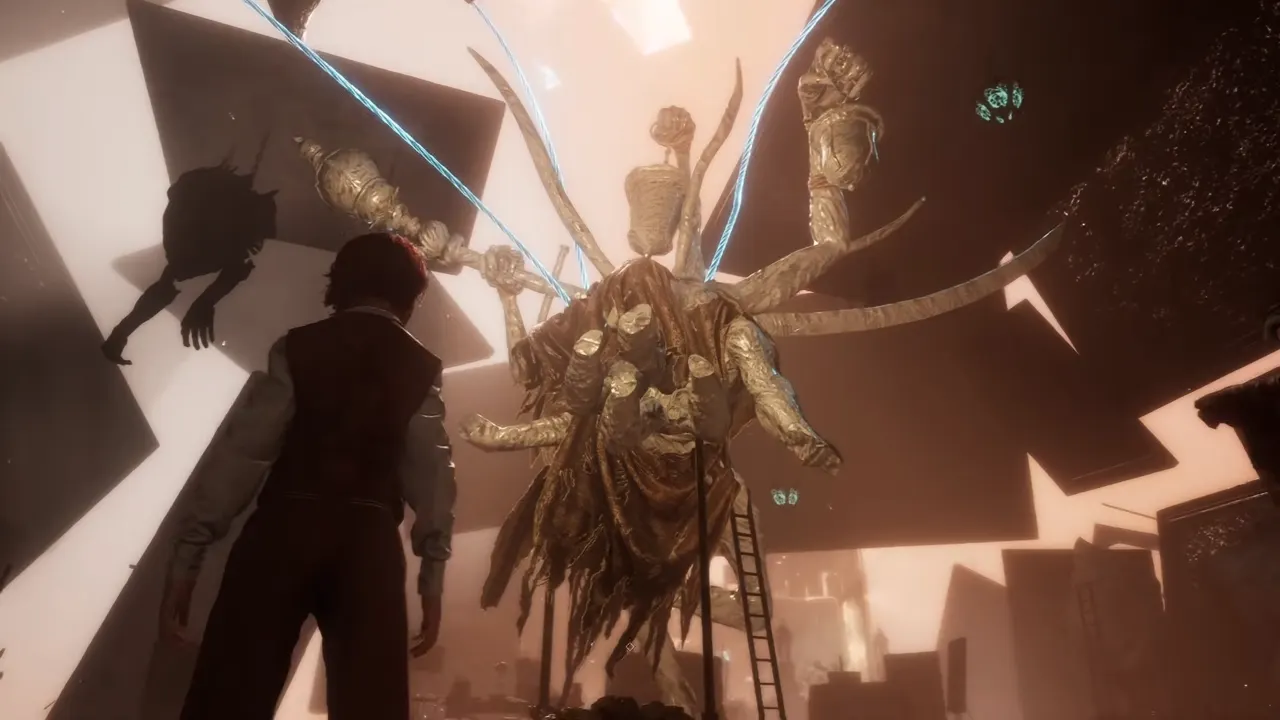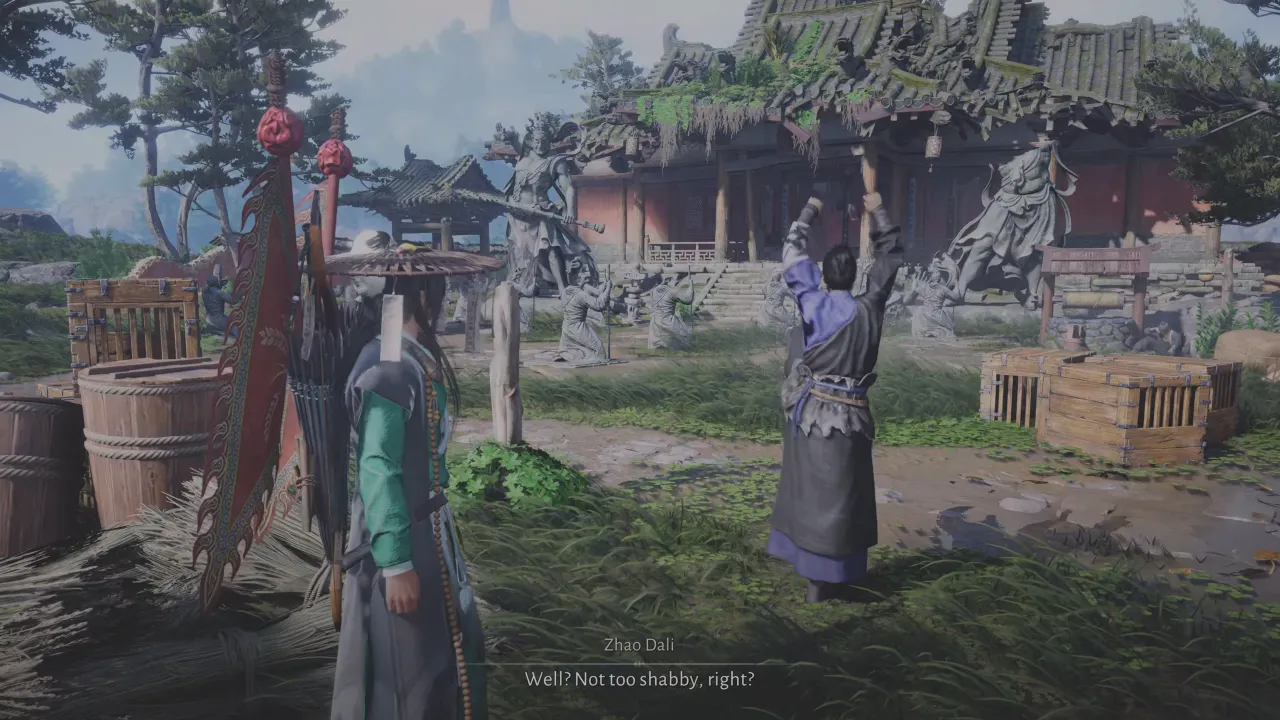The Elder Scrolls 4: Oblivion Remastered offers a playground of possibilities where players can forge their own paths, from stealth warriors to fire-flinging battlemages. But among its many class options, one is special not because it’s overpowered or broken, but because it resists the very structure of the game itself: the Healer.
Healer Class is at Odds with the Game’s Core
On paper, the Healer class is an intelligent introduction to the game’s already expansive customization system. It prefers magic-focused attributes like Personality and Willpower and draws from skills such as Restoration, Illusion, and Speechcraft. This class wasn’t made to dominate battlefields, but rather to support, negotiate, and survive. The issue? Oblivion isn’t designed to support that kind of playstyle, at least not in a usual sense.
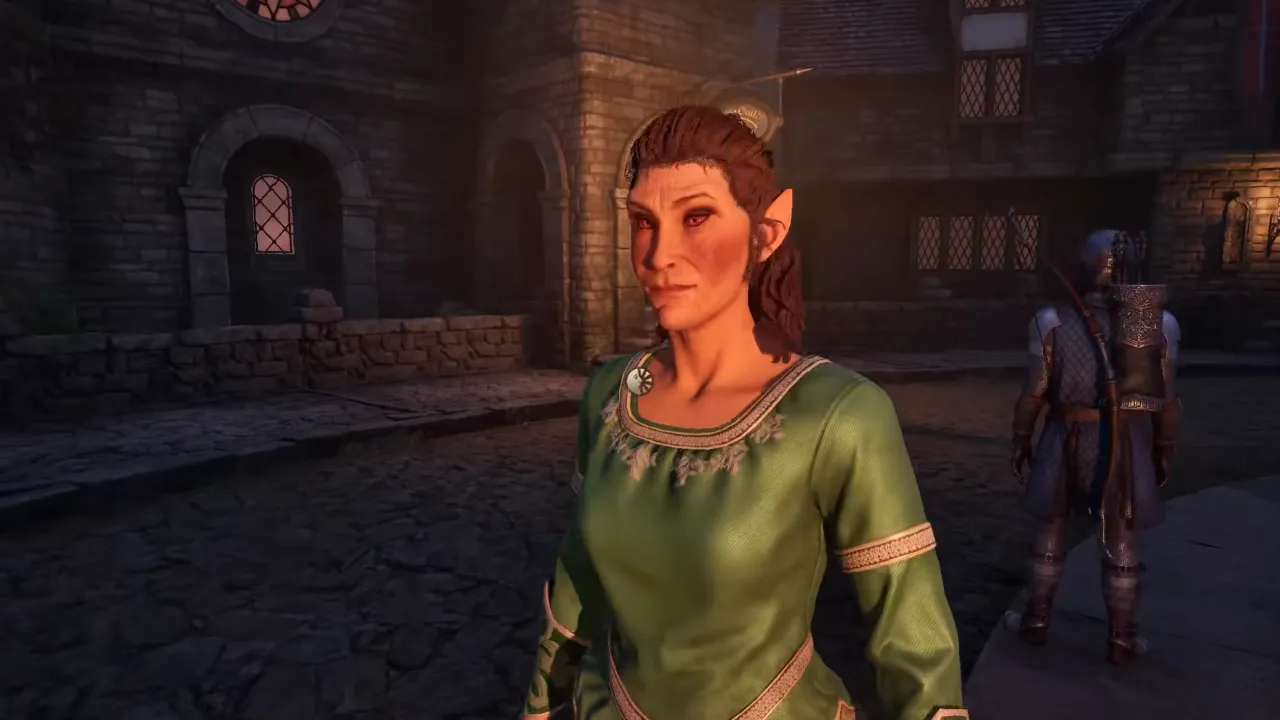
Unlike RPGs where you get companions party such as Baldur’s Gate 3, Final Fantasy 7 Rebirth, or Dragon Age titles, Oblivion Remastered is rooted in solo adventure. There’s no group of AI companions to buff or protect. The player is the beginning and the end of every fight, quest, and decision, and that puts the Healer in an awkward spot. Without teammates to support, many of its core skills including Mercantile, Speechcraft, and even Restoration lack tangible combat value.
The struggle is real, but so is the potential.
The Healer’s toolkit is created to avoid violence or endure it, not end it. With just a single major option to be offensive thanks to Destruction magic, players must go out of their way to develop actual damage-dealing abilities. Weapon proficiency is absent. Summoning spells or well-built Illusion combos can help, but they often require foresight, patience, and a deeper knowledge of the game’s systems.
Early-game dungeons can be a heavy challenge not because enemies are too tough, but because the Healer is ill-equipped to dispatch them effectively. Since enemies scale with the player, drawn-out fights are not slow but they actively work against the player’s progression.
Still, this friction leads to a gameplay that’s rarely seen in high-fantasy RPGs. Pacifist runs, diplomatic resolutions, and illusion-based escapes offer an alternative lens that presents the in unique angle. The Healer encourages players to view success not as domination, but as survival, persuasion, or simply walking away.
More than just a tough class, the Healer exposes something fundamental about Oblivion’s design. Bethesda has always touted freedom of play, but with freedom comes consequences. You can be anyone, but the game won’t bend to make that easy. Playing as Healer is almost an ideological stance. It’s not the most efficient or rewarding path, but that’s part of the appeal for those after a deeper, more personal playthrough.
What This Could Mean for Elder Scrolls 6
Looking ahead, the Healer’s shortcomings could work as a blueprint for improvement. If The Elder Scrolls 6 introduces more reactive NPC behavior, party dynamics, or quests with soft hands in terms of hard battles, support-based builds might be less of a novelty and more a fully realized playstyle. Think about a system where enemies surrender to Illusion magic or where healing a townsperson impacts a quest’s outcome. If diplomacy and pacifism are better supported by the game’s mechanics, Healer or similar classes could become central to entirely different kinds of stories.
That said, any concept should remain true to the series’ roots. Player freedom, not rigid class balance, has always defined The Elder Scrolls. The Healer doesn’t need to be mainstream; it only should be viable. The Healer in Oblivion Remastered isn’t broken, but challenging. It’s unorthodox and for many, that’s what makes it worthwhile. It’s not a class for everyone, but maybe that’s exactly why it deserves a place in Tamriel.

